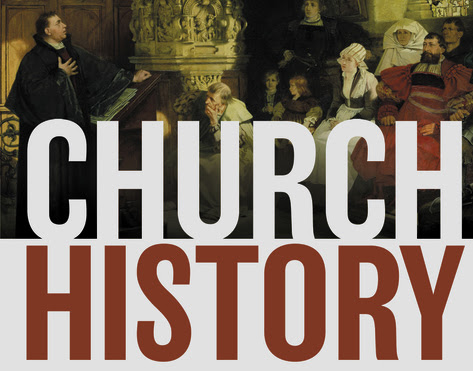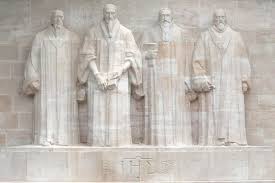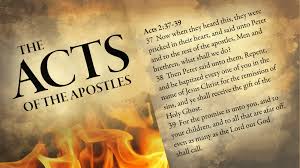Brethren, welcome to the learning portal of our eCampus. The Moodle Teachers' Training Course will introduce you to the basics of using Moodle to teach. To view an example of how to structure your course, you can take a look at any of the courses created by Pstr. Collins Sakalunda. Happy training!

- Teacher: Collins Sakalunda








